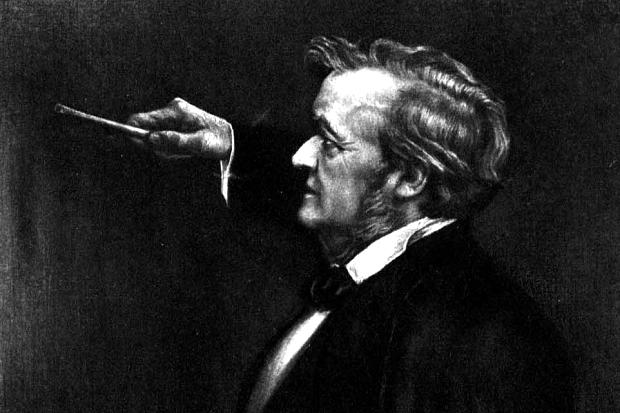Many comparisons can be drawn between Richard Wagner and Adolf Hitler. Both are regarded as strongly anti-Semitic, and both believed that German culture needed to be preserved. Some have taken these similarities and proposed the idea that one actually affected the other, that Adolf Hitler actually drew from the influence of Richard Wagner in formulating some of his ideas. This matter warrants some consideration, as it would imply a completely new analysis on the subtext of his works.
Due to the composer’s beliefs, the Jewish nation of Israel has informally banned his works from being performed there. Questions still linger, however, as to the extent his anti-Semitism has shown in his work as well as the motivations behind his beliefs. Richard Wagner appeared to believe in the effort for humans to achieve a racial oneness, which appears similar to Hitler’s dream of the Aryan race. As with Hitler, this somehow metamorphosed (or possibly began with) a hatred of all things Judaic, possibly due to the fact that two of his rival composers were of Jewish descent,
He had many personal (if illogical) reasons for hating the Jews. First, one of his Jewish rivals led a much more privileged youth. Second, he owed a great deal of money to Jewish creditors. Third, Richard Wagner began his career working under a Jewish man who provided work he felt was sub-par to his abilities. These resentments, along with a solid sense of arrogance, allowed him to believe that his judgements on those who were religiously or ethnically Jewish could not be incorrect, the Tablet reports.
This arrogant sense of self-righteousness certainly appears to correlate with Hitler’s own belief that he could lead the German people into a period of greatness. Still, it cannot be said for certain that Richard Wagner was Hitler’s primary influence. Kaiser Wilhelm II held many of these same beliefs, and instilled these ideals into the German people leading up to the First World War. Many believe that Germany’s treatment following that war was what led to his politics prior to World War II. It is possible that the beliefs which drove both composer and Fuhrer were already proliferated in the German consciousness at the time of each man’s rise to glory.
Richard Wagner was a favored composer of Hitler’s, and they certainly shared many beliefs, but many historians now argue that there is by no means a direct causation. New beliefs have a tendency to create movements of thought that can influence entire nations, and it is most likely such a collective consciousness that incited the founding of the Nazi party. Though once widely believed, the idea that there is any direct inspiration between Richard Wagner and Adolf Hitler is becoming rapidly outdated.
